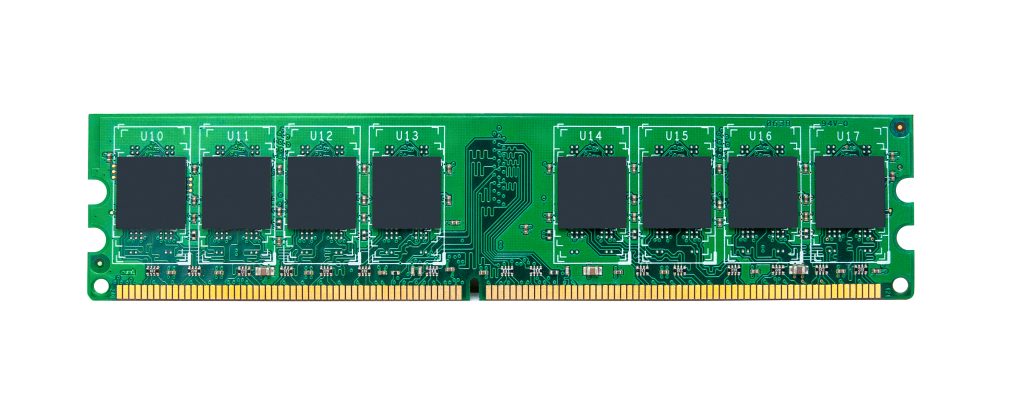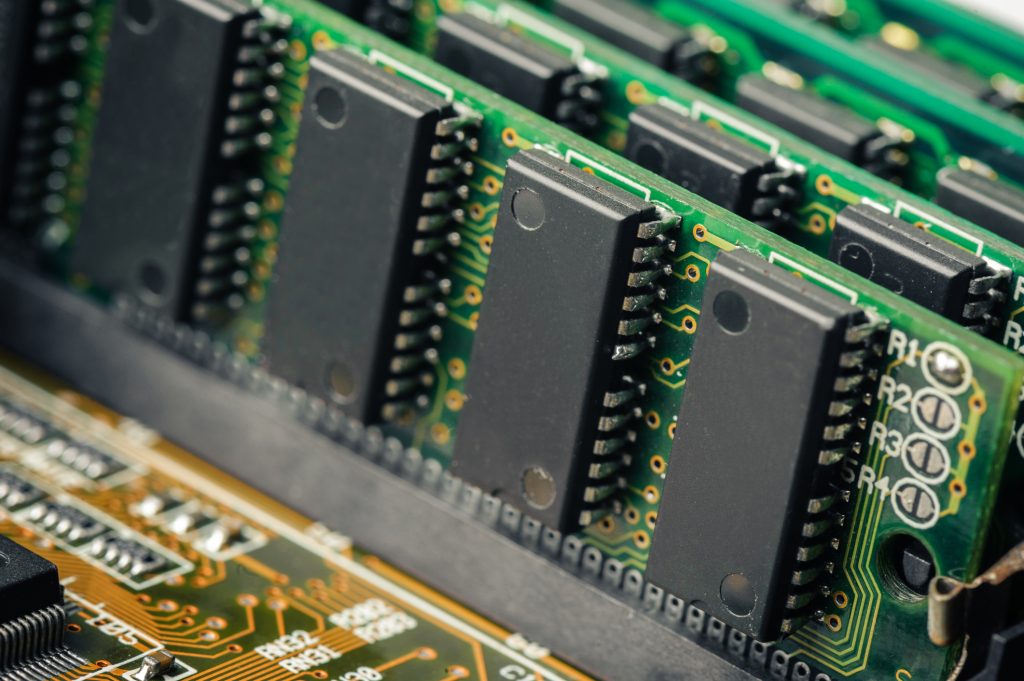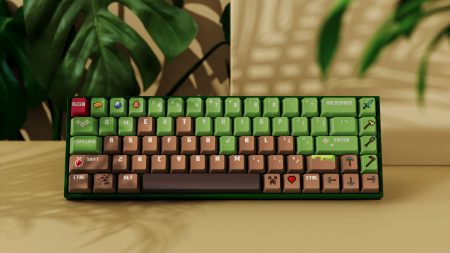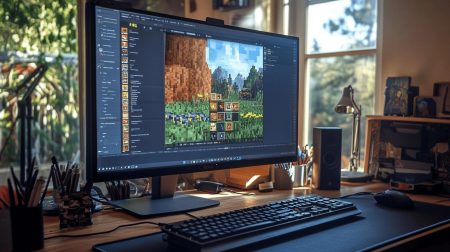Have you ever wondered how long does RAM last? Random Access Memory, or simply RAM, is an essential component of your computer that allows it to operate efficiently. But like all hardware, RAM has a finite lifespan. In this blog, we’ll dive into the factors that impact the lifespan of RAM and what symptoms to look for if it’s starting to degrade.

We’ll also discuss methods on how to verify the health of your RAM and what measures you can take to prolong its lifespan. Additionally, we’ll explore whether it’s possible to prevent RAM failure completely and give you tips on safeguarding your computer from power surges. So, if you want to ensure optimal performance from your computer and extend the life of your RAM speed, read on!
How long does RAM Last? Understanding the Lifespan of RAM
The longevity of RAM significantly impacts a computer’s performance. Several factors influence RAM durability, including voltage fluctuations, which can have a detrimental effect. Upgrading your RAM is an effective way to extend your computer’s life and improve its performance. Higher RAM capacity and speed can handle intensive tasks like running the latest games or resource-intensive applications.
Additionally, dust particles can accumulate on RAM sticks and other fragile components, affecting performance. Protecting your computer from power surges is crucial to prevent damage to components like the motherboard and RAM. You can prolong its lifespan by recognizing the symptoms of RAM degradation and taking appropriate measures, such as an upgrade.
Factors Influencing the Durability of RAM
The durability of RAM is influenced by several factors. First, the type and quality of RAM, including the GPUs and processors, can significantly affect its lifespan. Opting for high-quality RAM modules, choosing the right type for your motherboard, and ensuring the longevity of the GPUs and processors can help prolong its lifespan.
Secondly, temperature and heat management are crucial in extending RAM’s lifespan. Ensuring proper airflow and cooling mechanisms can prevent overheating and potential damage to the RAM and GPUs. Additionally, dust accumulation can impact the performance and lifespan of RAM. Regularly cleaning your PC’s components, including the RAM sticks and GPUs, can help maintain optimal performance.
Overclocking may provide a performance boost but can also shorten the lifespan of your RAM and GPUs. Lastly, the operating system and software updates can affect RAM’s durability. Keeping your system updated with the latest patches and fixes can help optimize RAM’s performance and lifespan.

Recognizing Symptoms of RAM Degradation
RAM degradation is a common concern, and understanding the symptoms of computer memory degradation can help you address potential issues before they escalate. Over time, computer memory can experience wear and tear due to factors like excessive heat and dust accumulation. Recognizing the signs of degraded computer memory is crucial for maintaining optimal performance. Symptoms may include frequent system crashes, unexpected blue screens of death, and slow response times.
You may also notice decreased overall system performance and increased application loading times in some cases. Avoiding high temperatures, keeping your computer clean, and regularly checking for dust particles to prevent computer memory degradation is important. If you experience persistent issues, consider upgrading or replacing your computer memory to ensure smooth operation.
Impact on System Performance
The performance of your system can be directly impacted by the lifespan of RAM. Factors such as usage, temperature, and voltage significantly determine how long RAM will last. RAM may become less effective as it ages, leading to slower system performance.
However, habitually using 75-90% of your memory when playing games and opening other software in the background can harm your RAM’s performance and longevity. Overloading your RAM will cause crashes on your games and other applications, which can be a significant factor.
I took steps to maintain and extend its lifespan by regularly cleaning your computer and keeping it free from dust particles. Additionally, upgrading to a newer and more efficient CPU can greatly improve system performance, especially when running the latest games or resource-intensive applications. By considering these factors, you can ensure that your RAM’s performance remains optimal.
Unexpected System Crashes
Unexpected system crashes can be a frustrating experience for any computer user. While RAM is essential to your system’s performance, it also plays a crucial role in preventing these crashes. The lifespan of RAM can vary depending on usage and quality.
Regular health checks and maintenance can help extend its lifespan. However, if you start experiencing unexpected system crashes or errors, it may indicate that you need to use new RAM.
Ensuring compatibility with your motherboard and other computer components is important when upgrading or replacing RAM. By taking these steps, you can minimize the chances of unexpected system crashes and enjoy a seamless computing experience.
Can confirm: I, too, was surprised to find out the RAM on my 2½-year-old gaming rig was going bad, but after dealing with increasing instability over the course of several months, I tested the RAM and found multi-bit errors in many locations that were consistent across tests. I replaced all four sticks (4×16 GB, 3600 MHz) with a new set and voila! All the problems went away.
How Can You Verify the Health of Your RAM?
To check your RAM’s health, utilize the built-in Windows diagnostic tools or try third-party software like MemTest86 and HCI Design Memtest. Watch for signs of trouble like blue screens, freezing, and crashes. Regularly clean your computer’s interior and ensure proper airflow to prolong RAM lifespan.
What Measures Can Be Taken to Prolong RAM’s Lifespan?
To prolong your RAM’s lifespan, taking certain measures is important. Regularly clean the interior of your computer to prevent dust buildup. Avoid exposing your RAM to extreme temperatures or humidity. Use a surge protector to safeguard your computer from power surges and outages. Consider upgrading your RAM instead of overworking it beyond its capacity.
Safeguarding Your Computer from Power Surges
Power surges can harm your computer’s RAM, causing potential damage and affecting its performance. To safeguard your computer from power surges, it is crucial to take preventive measures. One way is to use surge protectors and uninterruptible power supply (UPS) systems, which help protect your computer from voltage spikes.
Regularly cleaning the interior of your computer can also prevent dust build-up that can adversely affect RAM performance. Additionally, it’s important to check for any signs of physical damage to the RAM components. If necessary, upgrading your RAM can improve your computer’s performance and longevity. By implementing these measures, you can ensure the safety and performance of your computer’s delicate components.
Is It Possible to Prevent RAM Failure Completely?
Preventing RAM failure completely is impossible, but you can extend its lifespan by caring for your computer. Regular cleaning, avoiding extreme temperatures and power surges, and updating software can all help prevent issues affecting RAM performance.
Conclusion
In conclusion, the lifespan of RAM depends on various factors such as usage patterns, environmental conditions, and the quality of the RAM itself. While it is difficult to determine an exact timeframe for how long RAM will last, certain symptoms indicate degradation, such as system performance issues and unexpected crashes. To verify the health of your RAM, you can use diagnostic tools and perform memory tests.
Taking measures to prolong the lifespan of your RAM includes safeguarding your computer from power surges and maintaining a clean and dust-free environment. However, it is important to note that RAM failure cannot be completely prevented. By being aware of the signs of degradation and taking appropriate measures, you can ensure your RAM’s optimal performance and longevity.












